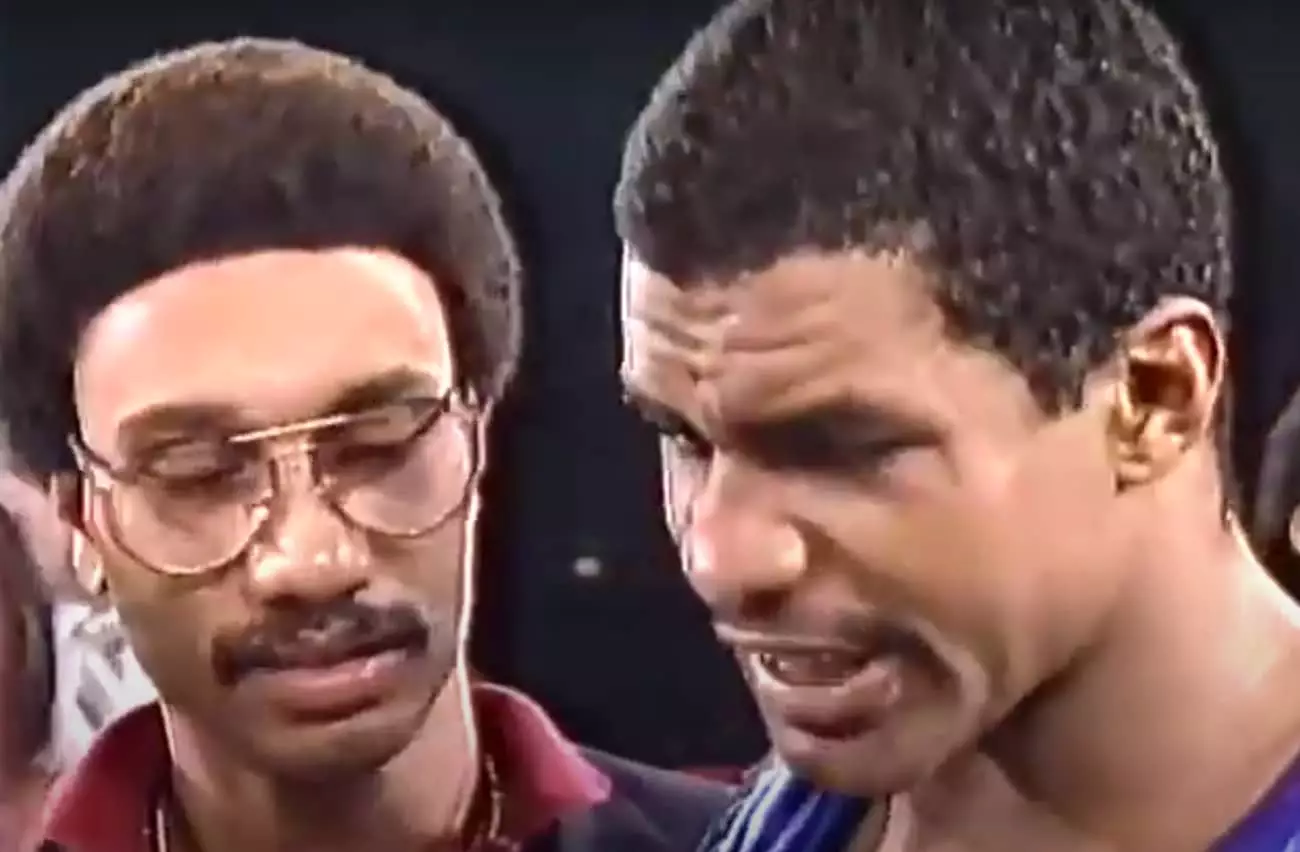Boxing has always been a sport filled with fighters who embody both brilliance and inconsistency. Among these athletes, Carlos De Leon stands out as a complex figure whose career had moments of brilliance yet also periods of lethargy. Known affectionately as “Sugar,” De Leon’s boxing journey is not just marked by accolades, but also by the way he captivated audiences and frustrated opponents in equal measure.
Starting his professional career at an unusually young age, De Leon turned pro at just 15 years old and quickly accumulated an impressive record. By the time he was 29, his professional journey had already showcased a mix of spectacular victories and puzzling defeats. In the backdrop of Puerto Rico’s vibrant boxing scene, he not only showcased his skills but also displayed tremendous potential. His speed, power, and technical ability were evident in early matches, including an impressive streak leading to his first world title shot.
By 1977, after securing 29 victories, De Leon faced notable challenges. Losses to fellow contenders paralleling his rise only served to galvanize him for the future, transforming potential disappointment into motivation. His eventual title bout against Marvin Camel on November 25, 1980, further illustrated the highs of his career. On a prestigious boxing card alongside legends like Sugar Ray Leonard and Roberto Duran, De Leon won the WBC cruiserweight title, marking a significant milestone and affirming his capability to deliver when it mattered most.
De Leon’s first reign as champion was characterized by exhilarating performances and unexpected setbacks. Following his victory over Camel, he demonstrated his raw punching power by stopping Camel in their rematch, which seemed to solidify his status as a serious contender in the cruiserweight division. However, the shock defeat to S.T. Gordon demonstrated that De Leon could also come undone under certain pressures, often appearing disinterested or out of sync with his own abilities.
This battle of personas continued as he re-established himself by defeating prominent fighters like Ivy Brown and Leon Spinks. His ability to bounce back showcased a resilience that many fighters struggle to maintain. This resilience was rewarded when he avenged his loss to Gordon, once again claiming the cruiserweight title and solidifying his place in boxing history as the first two-time champion in the category.
Carlos De Leon’s career was not merely a story of ascents; it also included moments of adversity and self-reflection. After losing his title to Alonzo Ratliff in 1985, many might have expected De Leon to gradually bow out from the competitive scene, but he proved the doubters wrong. He captured the cruiserweight belt for a third time by overcoming Bernard Benton and soon added a new challenge—facing one of boxing’s all-time greats, Evander Holyfield.
During their bout in 1988, De Leon’s experience and unique skills initially gave him an edge. The match, however, eventually showcased his limitations. Holyfield’s ability to adapt and seize control in the eighth round ended a memorable encounter that marked a turning point in both their careers.
De Leon’s later years in boxing were marked by attempts to shift to heavyweight, where he experienced mixed success. The transition was fraught with challenges, capturing wins but also suffering defeats against notable heavyweights. By the end of his career, De Leon’s record stood at 53 wins, 8 losses, and 1 draw, encapsulating a career of significant achievements marred by inconsistency.
As he shifted roles to become a trainer, passing his knowledge onto his son, Carlos Jr., De Leon remained connected to the boxing community. Tragically, his life was cut short at the age of 60 due to a heart attack in January 2020, marking a poignant end to the journey of a unique and talented fighter.
Determining Carlos De Leon’s legacy remains a complicated endeavor. His duality—alternating between sensational performances and lackluster showings—fuels ongoing discussions among fans and analysts alike. While he is undoubtedly etched in history as one of the most skilled cruiserweights to have ever donned the gloves, opinions vary on whether he should be considered among the greatest in the division’s history.
De Leon’s era was filled with challenges and triumphs, and while he may not have maintained the same level of excellence consistently, his ability to inspire and entertain makes him a figure worth remembering. Ultimately, his legacy embodies the complexities of sport—a brilliant boxer whose potential sometimes contradicted his performance, yet whose impact on the cruiserweight division secured him a place in the hearts of boxing enthusiasts around the world.


Leave a Reply